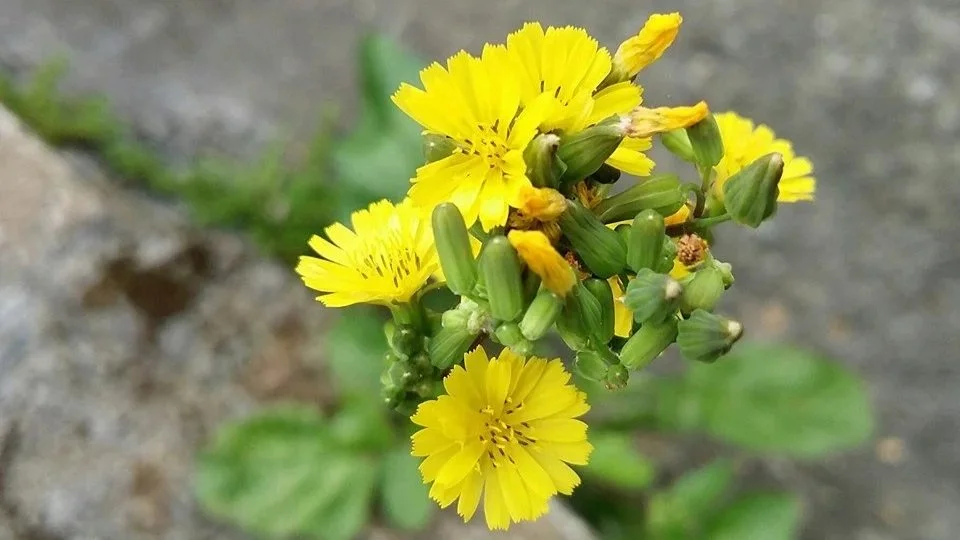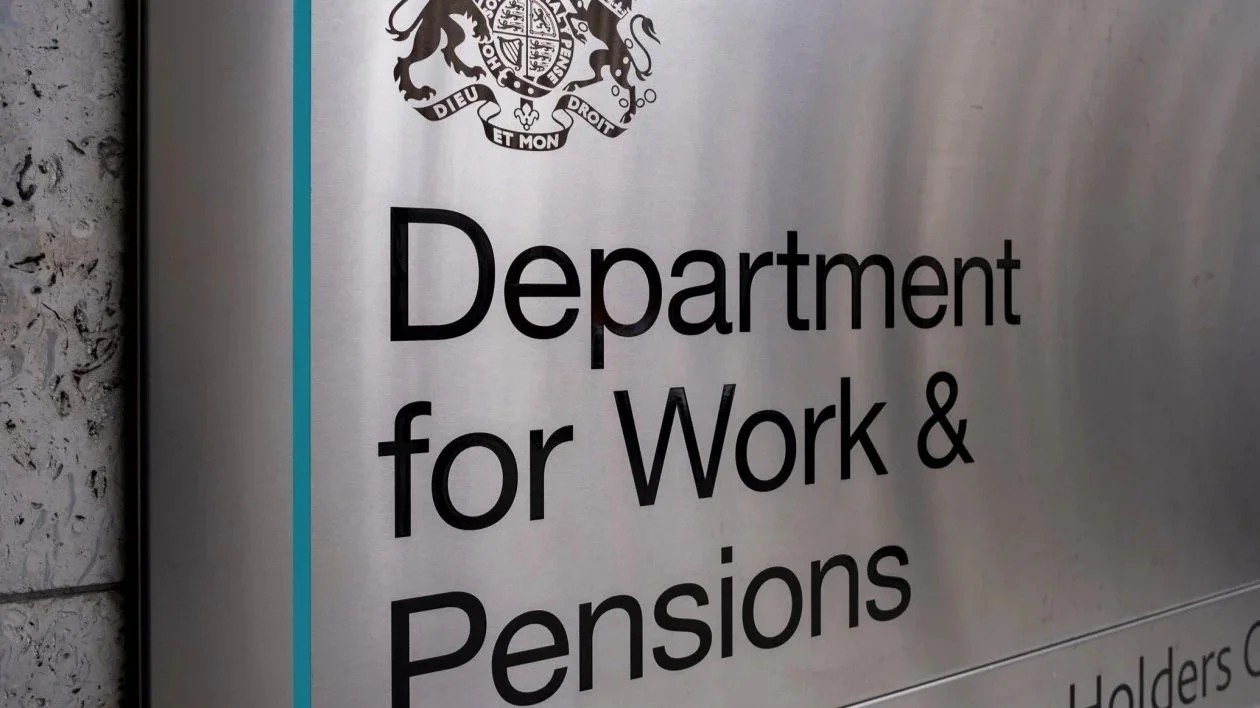The Manchester Artist Network had the culmination to its spring season with a vibrant and heartfelt discussion at SeeSaw on 29th May. The panel, hosted by STAF’s Programme Development Lead Tian Glasgow, brought together three dynamic voices from Manchester’s arts community: Tracy Gentles (SICK! Productions), Ada Eravama (LaLa Arts), and Lou Beckett (previously Moston Miners’ Community Arts and Music Centre, now Annie’s Tea Room in Middleton). Together, they reflected on Manchester’s creative past and present, looking ahead about how to shape the future of the city’s artistic ecosystem.
For a transcript of Tracy’s audio, click here.
Tracy Gentles, now working with SICK! Productions, spoke about the importance of tuning back into the city she’s returned to after ten years away by actively listening and letting people from the community lead the way.
“You have to really commit and listen over a long period of time to really find out what’s needed,” she said, reflecting on her work in North Manchester. “You need to talk to people, be led by people.”
She also acknowledged the wider context of change, not just within Manchester but globally. This ethos of responsive infrastructure guides her work, asking what systems need to become in order to genuinely support and sustain people.
“We're all part of one ecology,” she said. “If any bit of it is suffering, the whole thing suffers.”
For a transcript of Ada’s audio, click here.
Ada Eravama brought a powerful consideration of access to the conversation, not just in terms of ramps or BSL interpreters, but in terms of leadership, business development, and sustainable careers for artists from disabled and global majority backgrounds.
“Most artists in the industry are sole traders or freelancers. We start our own businesses out of trial and error,” Ada explained. “There isn’t really infrastructure to support those artists in building their business plan.”
She spoke candidly about the absence of strategic development opportunities for emerging leaders. “If I didn’t have the opportunity this year to be funded and focus on business strategies, I wouldn’t be able to afford it. And there are so many people like that.”
Access to leadership, Ada argued, requires more than outreach. It demands system-level investment. “We’re still talking about how to get people in the building, not how to help them run the building. There aren’t programmes building up the next globally diverse or disabled CEO.”
Even the knowledge of how to grow professionally is hard-won. “A lot of it is learning on the fly. A lot is asking people and hoping they say yes. Unless you ask, you won’t see those opportunities and no one’s systematically creating them.”
For a transcript of Lou’s audio, click here.
For Lou and the Moston Miners’ Community Arts and Music Centre, what began as a studio space for his art, rapidly transformed into a multi-use community venue with a café, cinema, and live music events, all run by volunteers.
“All I wanted was a little studio,” Lou said. “But it just went massive.”
Though the Miners' Centre gained acclaim and won awards, Lou found himself increasingly isolated as volunteers drifted away and personal circumstances changed. “After COVID, for like three years, it was just really difficult. Everything just gets on top of you. Your mental health starts coming into it. It becomes something you hate.”
Eventually, he made the difficult decision to close the centre, choosing instead to open a small Art Nouveau-style tearoom in Middleton, a more manageable, meaningful space that once again prioritises creativity and connection. “It’s only a small room. You fit at most 12 people in it. And that, to me, is a godsend. My mental health and wellbeing are just coming back. And I’ve started painting again.”
His experience is a sobering reminder that many artists only discover their limits by crossing them. As Tian noted, “There's almost a wisdom in knowing what you can manage and holding onto what you love.”
Each panellist echoed a similar truth - scale isn’t everything. Whether it’s about the spaces we gather in, the pace we work at, or the support we provide, the future of Manchester’s arts ecosystem might lie not in expansion, but in intentionality.
Manchester’s artistic future will not be built by accident. But through conversations like this - honest, reflective, and forward-facing - we can begin to imagine the infrastructure, values, and relationships that might hold it.
Audio recorded by Rydian Cook







